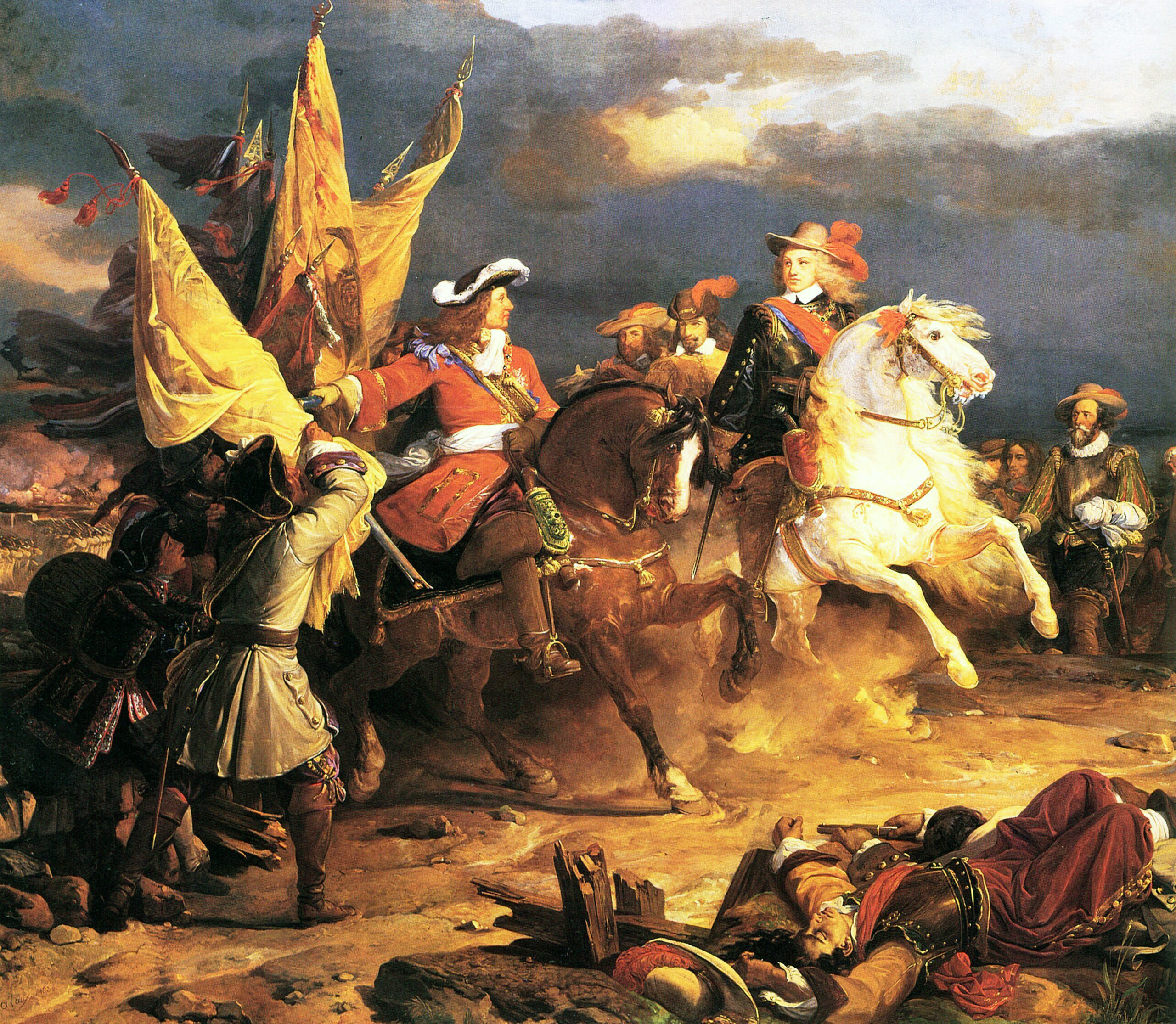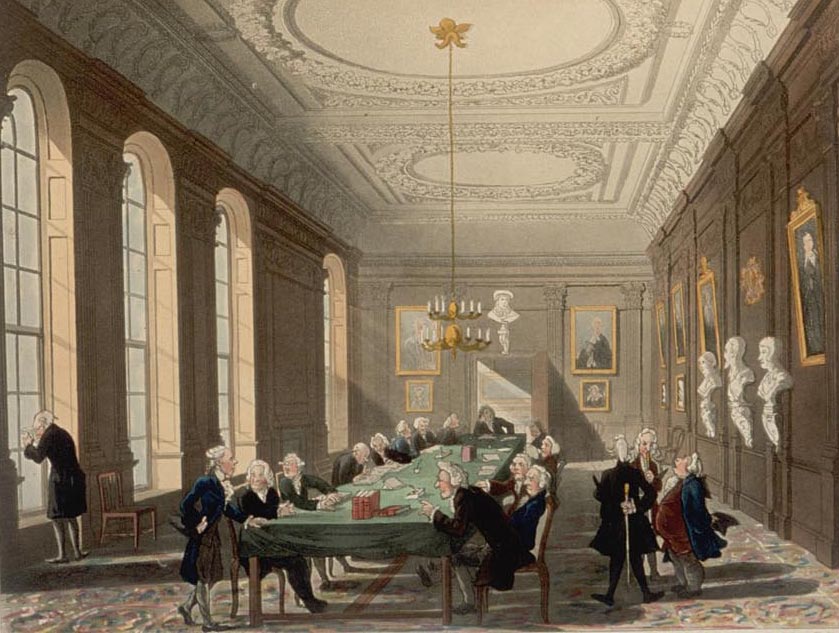|
Robert Taylor (physician)
Robert Taylor FRS (April 1710 – 15 May 1762) was an English physician. Biography Taylor was the son of John Taylor of Newark, twice mayor of that town. He was born there in April 1710. He was educated at the Newark grammar school on Dr. Magnus's foundation and under Dr. Warburton; he was entered at St. John's College, Cambridge, but migrated to Trinity College on 27 Oct. 1727. He proceeded M.B. in 1732 and M.D. on 7 July 1737. Returning to Newark in 1732, he won the esteem of his fellow-townsmen by his polished manners, professional assiduity, and general erudition. While practising at Newark he was called in to attend Richard Boyle, third earl of Burlington, who was on a visit to Belvoir Castle, and who was there taken dangerously ill. Taylor cured the patient by (it is said) the bold administration of opium. Thereupon Lord and Lady Burlington prevailed upon him to remove to London, where their efforts soon established him in extensive practice, and obtained for him the pat ... [...More Info...] [...Related Items...] OR: [Wikipedia] [Google] [Baidu] |
Newark-on-Trent
Newark-on-Trent () or Newark is a market town and civil parish in the Newark and Sherwood district in Nottinghamshire, England. It is on the River Trent, and was historically a major inland port. The A1 road (Great Britain), A1 road bypasses the town on the line of the ancient Great North Road (Great Britain), Great North Road. The town's origins are likely to be Roman Britain, Roman, as it lies on a major Roman road, the Fosse Way. It grew up around Newark Castle, Nottinghamshire, Newark Castle, Church of St Mary Magdalene, Newark-on-Trent, St Mary Magdalene church and later developed as a centre for the wool and cloth trades. In the English Civil War, it was besieged by Roundheads, Parliamentary forces and Relief of Newark, relieved by Cavaliers, Royalist forces under Prince Rupert. Newark has a marketplace lined with many historical buildings and one of its most notable landmarks is Church of St Mary Magdalene, Newark-on-Trent, St Mary Magdalene church with its towering spire ... [...More Info...] [...Related Items...] OR: [Wikipedia] [Google] [Baidu] |
Fellow Of The Royal Society
Fellowship of the Royal Society (FRS, ForMemRS and HonFRS) is an award granted by the Fellows of the Royal Society of London to individuals who have made a "substantial contribution to the improvement of natural science, natural knowledge, including mathematics, engineering science, and medical science". Overview Fellowship of the Society, the oldest known scientific academy in continuous existence, is a significant honour. It has been awarded to :Fellows of the Royal Society, around 8,000 fellows, including eminent scientists Isaac Newton (1672), Benjamin Franklin (1756), Charles Babbage (1816), Michael Faraday (1824), Charles Darwin (1839), Ernest Rutherford (1903), Srinivasa Ramanujan (1918), Jagadish Chandra Bose (1920), Albert Einstein (1921), Paul Dirac (1930), Subrahmanyan Chandrasekhar (1944), Prasanta Chandra Mahalanobis (1945), Dorothy Hodgkin (1947), Alan Turing (1951), Lise Meitner (1955), Satyendra Nath Bose (1958), and Francis Crick (1959). More recently, fellow ... [...More Info...] [...Related Items...] OR: [Wikipedia] [Google] [Baidu] |
Alumni Of Trinity College, Cambridge
Alumni (: alumnus () or alumna ()) are former students or graduates of a school, college, or university. The feminine plural alumnae is sometimes used for groups of women, and alums (: alum) or alumns (: alumn) as gender-neutral alternatives. The word comes from Latin, meaning nurslings, pupils or foster children, derived from "to nourish". The term is not synonymous with "graduates": people can be alumni without graduating, e.g. Burt Reynolds was an alumnus of Florida State University but did not graduate. The term is sometimes used to refer to former employees, former members of an organization, former contributors, or former inmates. Etymology The Latin noun means "foster son" or "pupil". It is derived from the Latin verb "to nourish". Separate, but from the same root, is the adjective "nourishing", found in the phrase '' alma mater'', a title for a person's home university. Usage in Roman law In Latin, is a legal term (Roman law) to describe a child placed in foste ... [...More Info...] [...Related Items...] OR: [Wikipedia] [Google] [Baidu] |
People From Newark-on-Trent
The term "the people" refers to the public or common mass of people of a polity. As such it is a concept of human rights law, international law as well as constitutional law, particularly used for claims of popular sovereignty. In contrast, a people is any plurality of persons considered as a whole. Used in politics and law, the term "a people" refers to the collective or community of an ethnic group or nation. Concepts Legal Chapter One, Article One of the Charter of the United Nations states that "peoples" have the right to self-determination. Though the mere status as peoples and the right to self-determination, as for example in the case of Indigenous peoples (''peoples'', as in all groups of indigenous people, not merely all indigenous persons as in ''indigenous people''), does not automatically provide for independent sovereignty and therefore secession. Indeed, judge Ivor Jennings identified the inherent problems in the right of "peoples" to self-determination, as i ... [...More Info...] [...Related Items...] OR: [Wikipedia] [Google] [Baidu] |
18th-century English Medical Doctors
The 18th century lasted from 1 January 1701 (represented by the Roman numerals MDCCI) to 31 December 1800 (MDCCC). During the 18th century, elements of Age of Enlightenment, Enlightenment thinking culminated in the Atlantic Revolutions. Revolutions began to challenge the legitimacy of monarchical and aristocratic power structures. The Industrial Revolution began mid-century, leading to radical changes in Society, human society and the Natural environment, environment. The European colonization of the Americas and other parts of the world intensified and associated mass migrations of people grew in size as part of the Age of Sail. During the century, History of slavery, slave trading expanded across the shores of the Atlantic Ocean, while declining in Russian Empire, Russia and Qing dynasty, China. Western world, Western historians have occasionally defined the 18th century otherwise for the purposes of their work. For example, the "short" 18th century may be defined as 1715� ... [...More Info...] [...Related Items...] OR: [Wikipedia] [Google] [Baidu] |
1762 Deaths
Events January–March * January 4 – Seven Years' War: Britain declares war against Spain and Naples, following their recent alliance with France. * January 5 – Empress Elisabeth of Russia dies, and is succeeded by her nephew Peter III. Peter, an admirer of Frederick the Great, immediately opens peace negotiations with the Prussians. *January 16 – British forces under Robert Monckton land on the French island of Martinique in the Caribbean. * February 5 – The Great Holocaust of the Sikhs is carried out by the forces of Ahmed Shah Abdali in Punjab. In all, around 30,000 men, women and children perish in this campaign of slaughter. * February 15 – Invasion of Martinique (1762): French forces on Martinique surrender to the British. The island is subsequently returned to France, as part of the Peace of Paris. * March 5 – A Royal Navy fleet with 16,000 men departs Britain from Spithead and sets sail toward Cuba in order to seize stra ... [...More Info...] [...Related Items...] OR: [Wikipedia] [Google] [Baidu] |
1710 Births
In the Swedish calendar it was a common year starting on Saturday, one day ahead of the Julian and ten days behind the Gregorian calendar. Events January–March * January 1 – In Kingdom of Prussia, Prussia, Cölln is merged with Alt-Berlin by Frederick I of Prussia, Frederick I to form Berlin. * January 4 – Robert Balfour, 5th Lord Balfour of Burleigh, two days before he is due to be executed for murder, escapes from the Old Tolbooth, Edinburgh, Edinburgh Tolbooth by exchanging clothes with his sister. * February 17 – Mauritius, a History of Mauritius#Dutch colonization (1638–1710), Dutch colony since 1638, is abandoned by the Dutch. * February 28 (Swedish calendar) February 27 (Julian). March 10 (Gregorian) – Battle of Helsingborg: Fourteen thousand Danish invaders, under Jørgen Rantzau, are decisively defeated by an equally large Swedish army, under Magnus Stenbock. * March 1 – The Sacheverell riots start in London with an atta ... [...More Info...] [...Related Items...] OR: [Wikipedia] [Google] [Baidu] |
Fellow Of The Royal Society
Fellowship of the Royal Society (FRS, ForMemRS and HonFRS) is an award granted by the Fellows of the Royal Society of London to individuals who have made a "substantial contribution to the improvement of natural science, natural knowledge, including mathematics, engineering science, and medical science". Overview Fellowship of the Society, the oldest known scientific academy in continuous existence, is a significant honour. It has been awarded to :Fellows of the Royal Society, around 8,000 fellows, including eminent scientists Isaac Newton (1672), Benjamin Franklin (1756), Charles Babbage (1816), Michael Faraday (1824), Charles Darwin (1839), Ernest Rutherford (1903), Srinivasa Ramanujan (1918), Jagadish Chandra Bose (1920), Albert Einstein (1921), Paul Dirac (1930), Subrahmanyan Chandrasekhar (1944), Prasanta Chandra Mahalanobis (1945), Dorothy Hodgkin (1947), Alan Turing (1951), Lise Meitner (1955), Satyendra Nath Bose (1958), and Francis Crick (1959). More recently, fellow ... [...More Info...] [...Related Items...] OR: [Wikipedia] [Google] [Baidu] |
Gulstonian Lecturer
The Goulstonian Lectures are an annual lecture series given on behalf of the Royal College of Physicians in London. They began in 1639. The lectures are named for Theodore Goulston (or Gulston, died 1632), who founded them with a bequest. By his will, dated 26 April 1632, he left £200 to the College of Physicians of London to found a lectureship, to be held in each year by one of the four youngest doctors of the college. These lectures were annually delivered from 1639, and have continued for more than three centuries. Up to the end of the 19th century, the spelling ''Gulstonian'' was often used. In many cases the lectures have been published. Gulston's widow bequeathed the annual donation to the College of Physicians for them to arrange for one of the four youngest doctors to "read the lecture on some dead body (if it could be procured), to be dissected as the President and Elects should think necessary for the diseases to be treated of; the lecture to be read yearly, between C ... [...More Info...] [...Related Items...] OR: [Wikipedia] [Google] [Baidu] |
Royal College Of Physicians
The Royal College of Physicians of London, commonly referred to simply as the Royal College of Physicians (RCP), is a British professional membership body dedicated to improving the practice of medicine, chiefly through the accreditation of physicians by examination. Founded by royal charter from King Henry VIII in 1518, as the College of Physicians, the RCP is the oldest medical college in England. The RCP's home in Regent's Park is one of the few post-war buildings to be listed at Grade I. In 2016 it was announced that the RCP was to open new premises in Liverpool at The Spine, a new building in the Liverpool Knowledge Quarter. The Spine opened in May 2021. History The college was incorporated as "the President and College or Commonalty of the Faculty of Physic in London" when it received a royal charter in 1518, affirmed by Act of Parliament in 1523. It is not known when the name "Royal College of Physicians of London" was first assumed or granted. It came into use aft ... [...More Info...] [...Related Items...] OR: [Wikipedia] [Google] [Baidu] |





